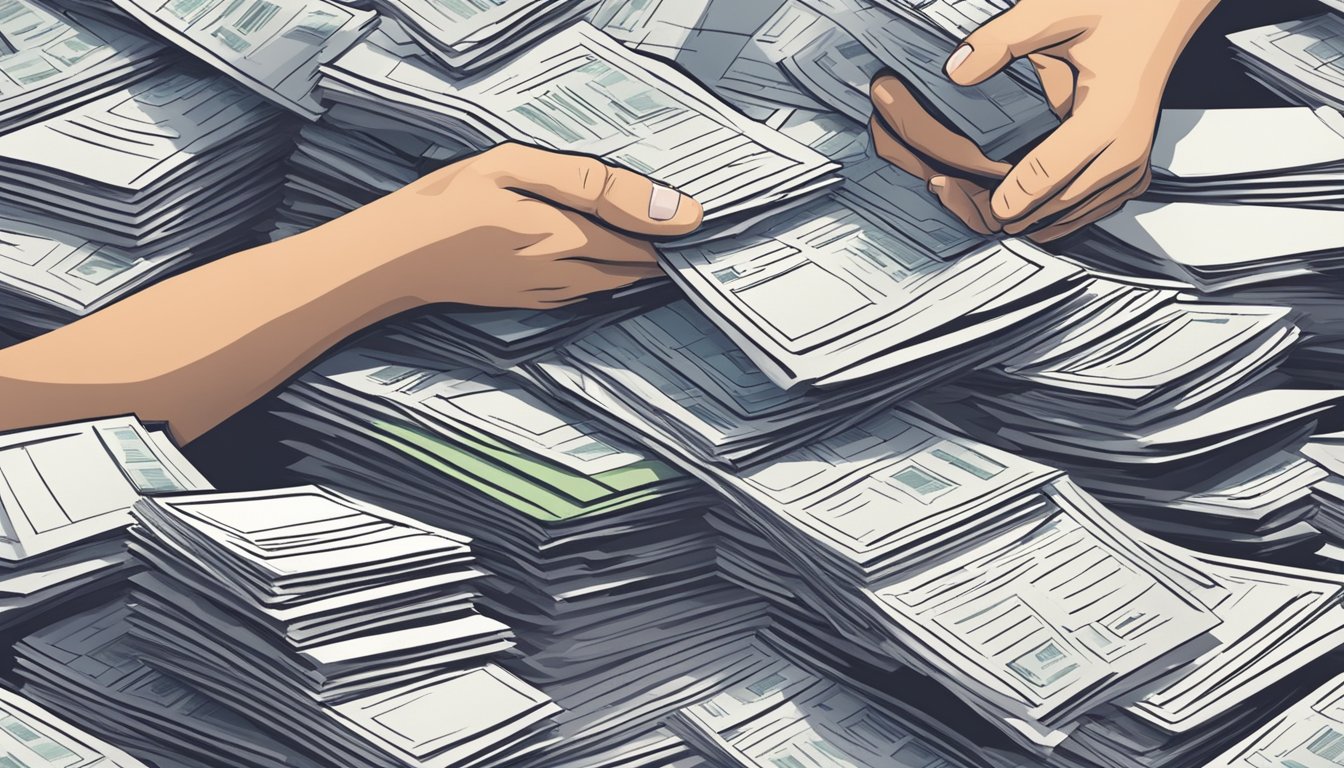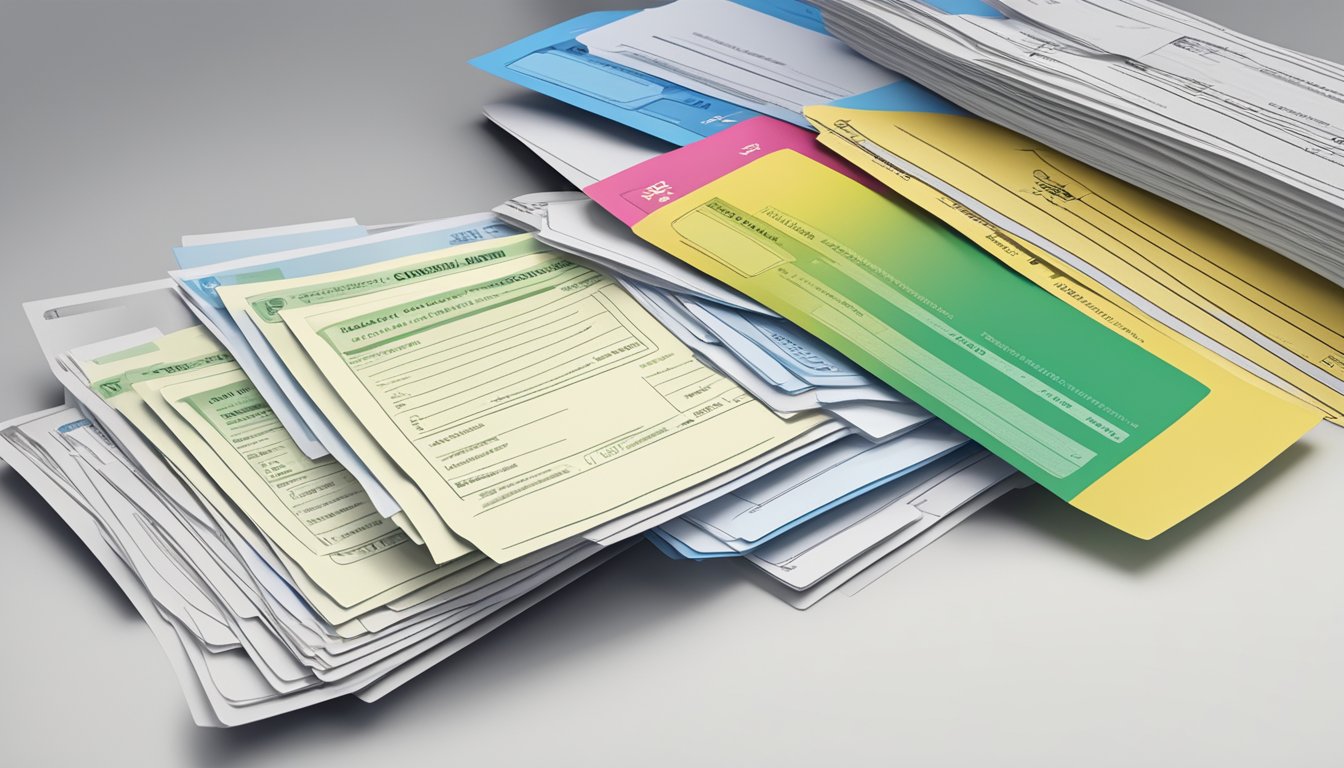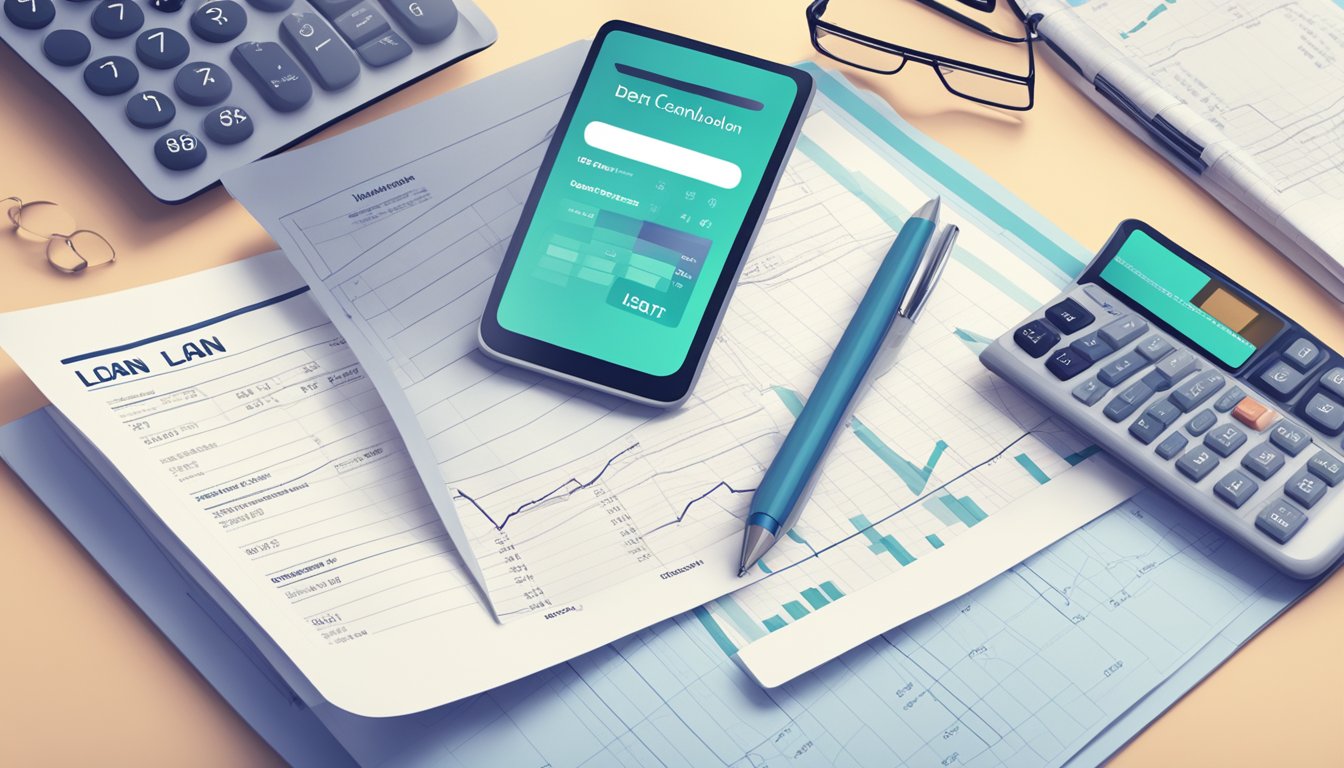
If you have multiple personal loans with different interest rates and payment schedules, managing them can be overwhelming and stressful. Consolidating your loans into one can simplify your monthly payments and potentially lower your interest rate, saving you money in the long run. In this article, we will guide you through the process of consolidating your personal loans and help you choose the right debt consolidation strategy for your needs.
Understanding Personal Loan Consolidation
Debt consolidation is the process of combining multiple debts into one loan with a single monthly payment. Personal loans are a popular type of debt to consolidate, as they often have higher interest rates than secured loans like home equity loans. By consolidating your personal loans, you can potentially lower your interest rate and save money on interest charges over time. However, it’s important to note that debt consolidation does not eliminate your debt but rather restructures it into a more manageable payment plan.
Choosing the Right Debt Consolidation Strategy
There are several strategies to consolidate your personal loans, including taking out a consolidation loan, using a balance transfer credit card, or tapping into your home’s equity. Each strategy has its advantages and disadvantages, and the right one for you will depend on your individual financial situation and goals. It’s important to carefully consider your options and choose a strategy that will save you the most money and help you pay off your debt faster.
Key Takeaways
- Consolidating your personal loans can simplify your monthly payments and potentially lower your interest rate.
- Debt consolidation does not eliminate your debt but rather restructures it into a more manageable payment plan.
- Choosing the right debt consolidation strategy depends on your individual financial situation and goals.
Understanding Personal Loan Consolidation

If you’re struggling to keep up with multiple personal loans, you might want to consider consolidating them into a single loan. Debt consolidation is a process of combining multiple debts into one, which can simplify your finances and potentially save you money in the long run.
What Is Debt Consolidation?
Debt consolidation involves taking out a new loan to pay off your outstanding debts. This can be done through a debt consolidation loan, balance transfer credit card, or home equity loan. By consolidating your loans, you can reduce the number of payments you make each month and potentially lower your interest rates.
Benefits of Consolidating Loans
Consolidating your personal loans can offer several benefits, including:
- Simplifying your finances: By consolidating your loans, you’ll only have to make one payment each month, which can make it easier to manage your finances.
- Potentially lowering your interest rates: If you have high-interest loans, consolidating them into a single loan with a lower interest rate can save you money on interest charges.
- Improving your credit score: Consolidating your loans can also improve your credit score by reducing your overall debt-to-income ratio.
Determining Your Eligibility
To qualify for a debt consolidation loan, you’ll need to meet certain requirements set by the lender. These may include having a good credit score, a steady income, and a low debt-to-income ratio. Some lenders may also require that you have collateral, such as a home or car, to secure the loan.
Before you apply for a debt consolidation loan, it’s important to understand the costs involved. You should compare the interest rates, fees, and loan costs of different lenders to find the best deal for your needs. Additionally, you should make sure that you can afford the monthly payments and that the loan tenure is suitable for your financial situation.
Overall, consolidating your personal loans can be a smart financial move if you’re struggling to keep up with multiple payments. By understanding the benefits and qualification requirements of debt consolidation, you can make an informed decision about whether it’s the right choice for you.
Choosing the Right Debt Consolidation Strategy

If you are considering consolidating your personal loans, there are several factors to consider to ensure that you choose the right debt consolidation strategy for your needs. Here are some tips to help you make the right choice.
Comparing Lender Offers and Rates
When looking for a debt consolidation loan, you should compare offers and rates from different lenders to find the best deal. Look for lenders that offer lower interest rates, longer repayment terms, and lower monthly payments. You can use online comparison tools to compare loan options from different lenders easily.
The Role of Credit History and Scores
Your credit history and scores play a significant role in determining your eligibility for a debt consolidation loan and the terms you can secure. Lenders typically require a minimum credit score of 600-640 to qualify for a debt consolidation loan. If you have a low credit score, you may need to consider other options such as debt settlement or working with a credit counselling agency.
Securing the Best Loan Terms
When applying for a debt consolidation loan, you should aim to secure the best loan terms possible. Look for lenders that offer low-interest rates, no origination fees, and autopay discounts. You may also want to consider refinancing your high-interest debt with a secured loan, such as a home equity loan or a line of credit (HELOC).
Overall, debt consolidation can be a useful tool to help you manage your debts and achieve financial stability. However, it is important to choose the right strategy and work with a reputable financial institution to ensure a positive customer experience. By following these tips, you can find the best debt consolidation strategy for your needs and start enjoying the benefits of debt consolidation today.
Frequently Asked Questions

What’s the swiftest way to merge multiple personal loans into one?
If you’re looking for the quickest way to merge your personal loans, then a debt consolidation plan might be the ideal solution for you. This financial product is designed to help you manage and repay your outstanding unsecured debts more efficiently. You can consolidate all your personal loans into one, which means you’ll only have to make a single monthly payment instead of multiple payments.
Can I still amalgamate my loans if I’m grappling with a poor credit score?
Yes, you can still consolidate your personal loans even if you have a poor credit score. However, you might have to pay a higher interest rate compared to someone with a good credit score. It’s important to shop around and compare different debt consolidation plans to find the one that suits your needs and budget.
Is it possible to combine all my debts under a single umbrella even if I’m unemployed?
It might be challenging to consolidate your debts if you’re unemployed, as most lenders require you to have a stable income source. However, you can still explore other options such as a secured loan or a guarantor loan. It’s advisable to seek professional financial advice before making any decisions.
What are the top-notch strategies for debt consolidation?
The most effective strategies for debt consolidation include taking out a personal loan, balance transfer credit card, or a debt consolidation plan. It’s crucial to compare the pros and cons of each option and choose the one that suits your financial situation best.
Could you enlighten me on whether consolidating my debts will impact my credit rating?
Consolidating your debts might impact your credit rating, but it depends on how you manage your repayments. If you make timely payments and avoid defaulting on your loan, then it could have a positive impact on your credit score. However, if you miss payments or default on your loan, then it could negatively impact your credit rating.
Is it feasible to settle an existing personal loan using another loan product?
Yes, it’s possible to settle an existing personal loan using another loan product such as a debt consolidation plan or a balance transfer credit card. However, it’s essential to read the terms and conditions carefully and compare the interest rates and fees before making any decisions.




